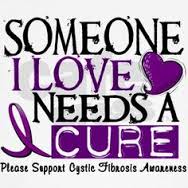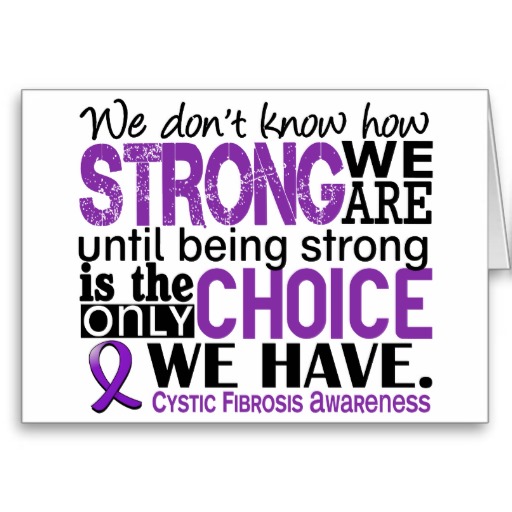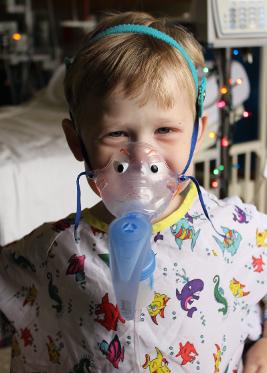What Is Cystic Fibrosis?
Cystic fibrosis (SIS-tik fi-BRO-sis), or CF, is an inherited disease of the secretory (see-KREH-tor-ee) glands. Secretory glands include glands that make mucus and sweat.
"Inherited" means the disease is passed from parents to children through genes. People who have CF inherit two faulty genes for the disease—one from each parent. The parents likely don't have the disease themselves.
CF mainly affects the lungs, pancreas, liver, intestines, sinuses, and sex organs.
Overview
Mucus is a substance made by tissues that line some organs and body cavities, such as the lungs and nose. Normally, mucus is a slippery, watery substance. It keeps the linings of certain organs moist and prevents them from drying out or getting infected.
If you have CF, your mucus becomes thick and sticky. It builds up in your lungs and blocks your airways. (Airways are tubes that carry air in and out of your lungs.)
The buildup of mucus makes it easy for bacteria to grow. This leads to repeated, serious lung infections. Over time, these infections can severely damage your lungs.
The thick, sticky mucus also can block tubes, or ducts, in your pancreas (an organ in your abdomen). As a result, the digestive enzymes that your pancreas makes can't reach your small intestine.
These enzymes help break down food. Without them, your intestines can't fully absorb fats and proteins. This can cause vitamin deficiency and malnutrition because nutrients pass through your body without being used. You also may have bulky stools, intestinal gas, a swollen belly from severe constipation, and pain or discomfort.
CF also causes your sweat to become very salty. Thus, when you sweat, you lose large amounts of salt. This can upset the balance of minerals in your blood and cause many health problems. Examples of these problems include dehydration (a lack of fluid in your body), increased heart rate, fatigue (tiredness), weakness, decreased blood pressure, heat stroke, and, rarely, death.
If you or your child has CF, you're also at higher risk for diabetes or two bone-thinning conditions called osteoporosis (OS-te-o-po-RO-sis) and osteopenia (OS-te-o-PEE-nee-uh).
CF also causes infertility in men, and the disease can make it harder for women to get pregnant. (The term "infertility" refers to the inability to have children.)




